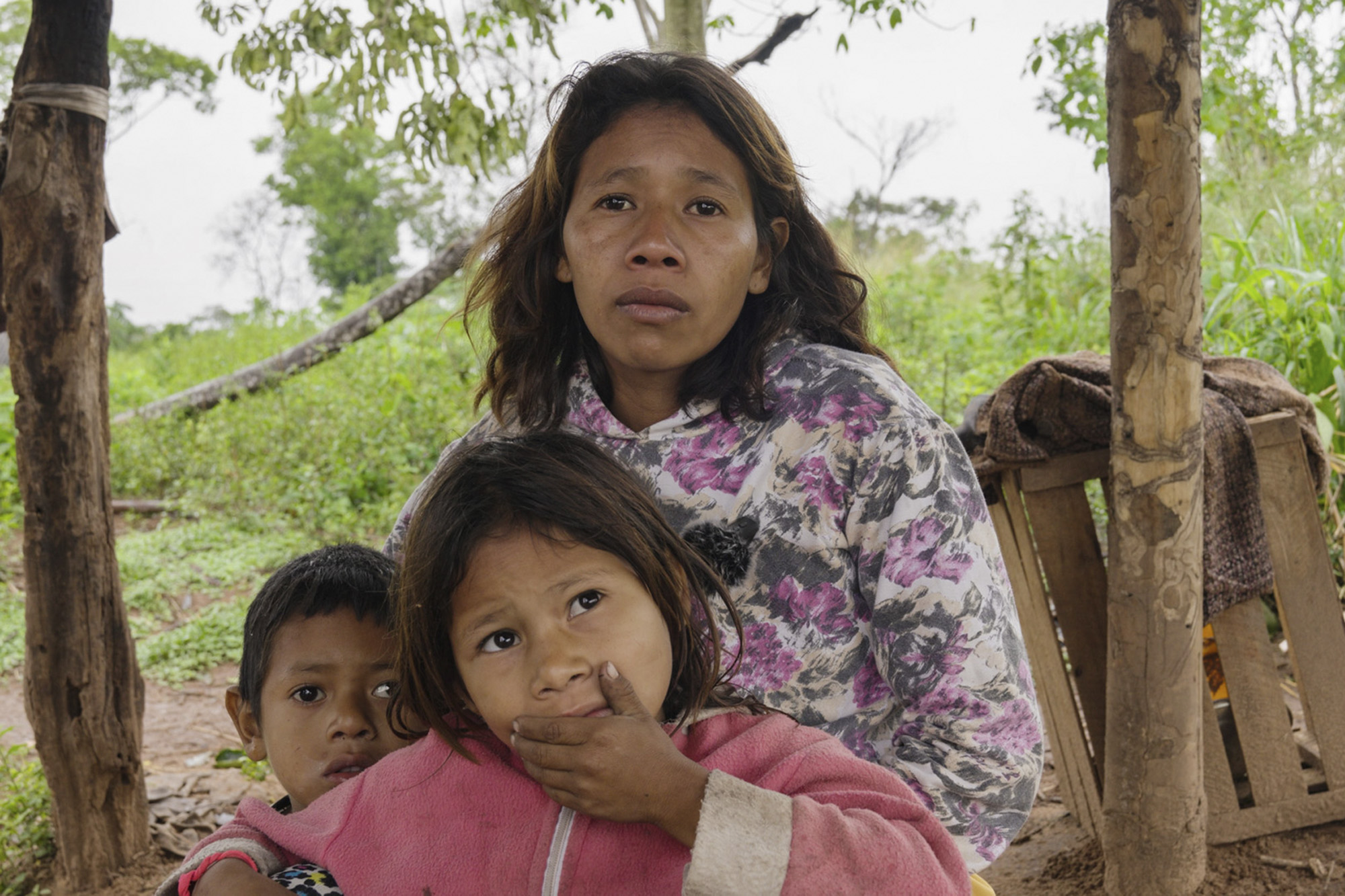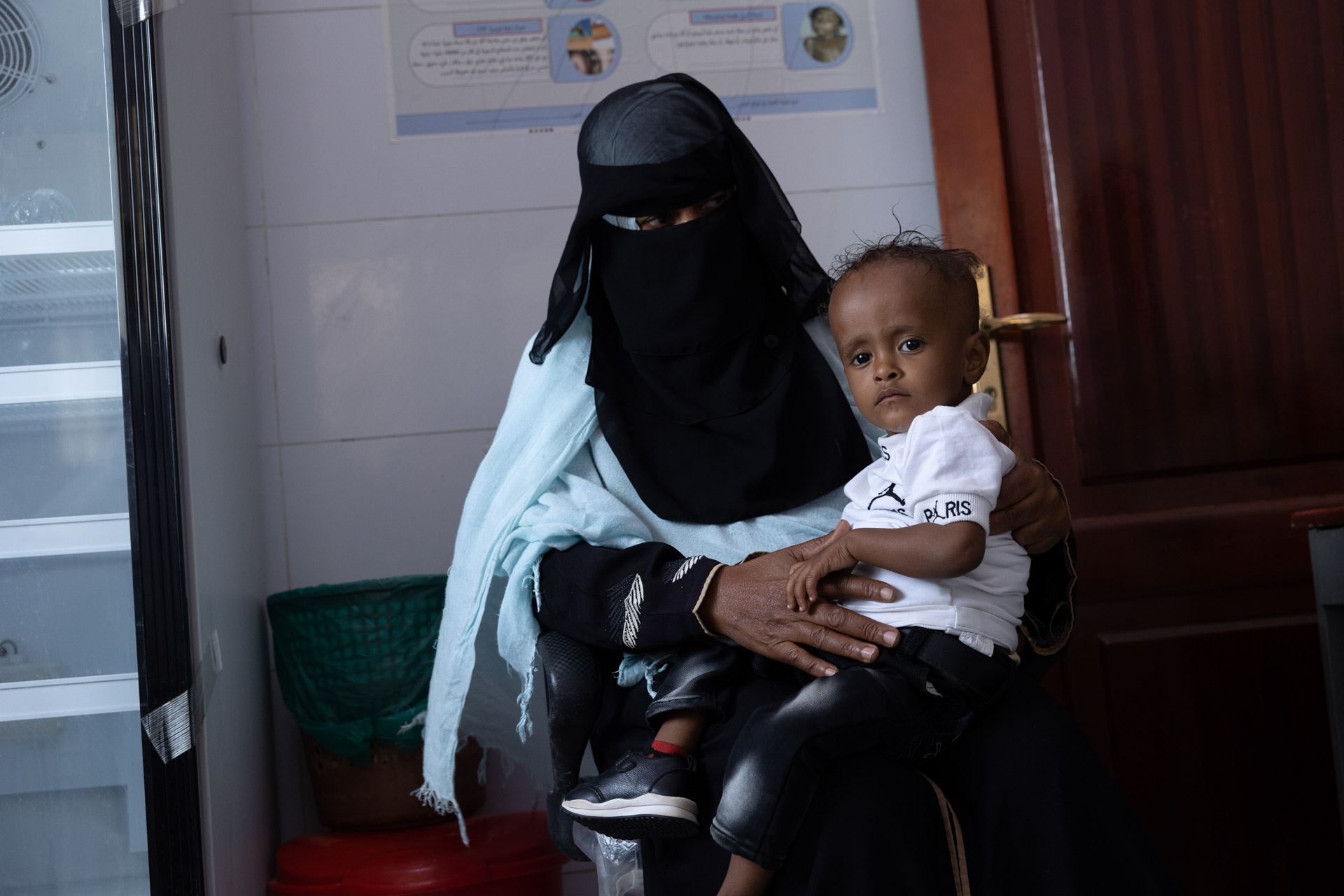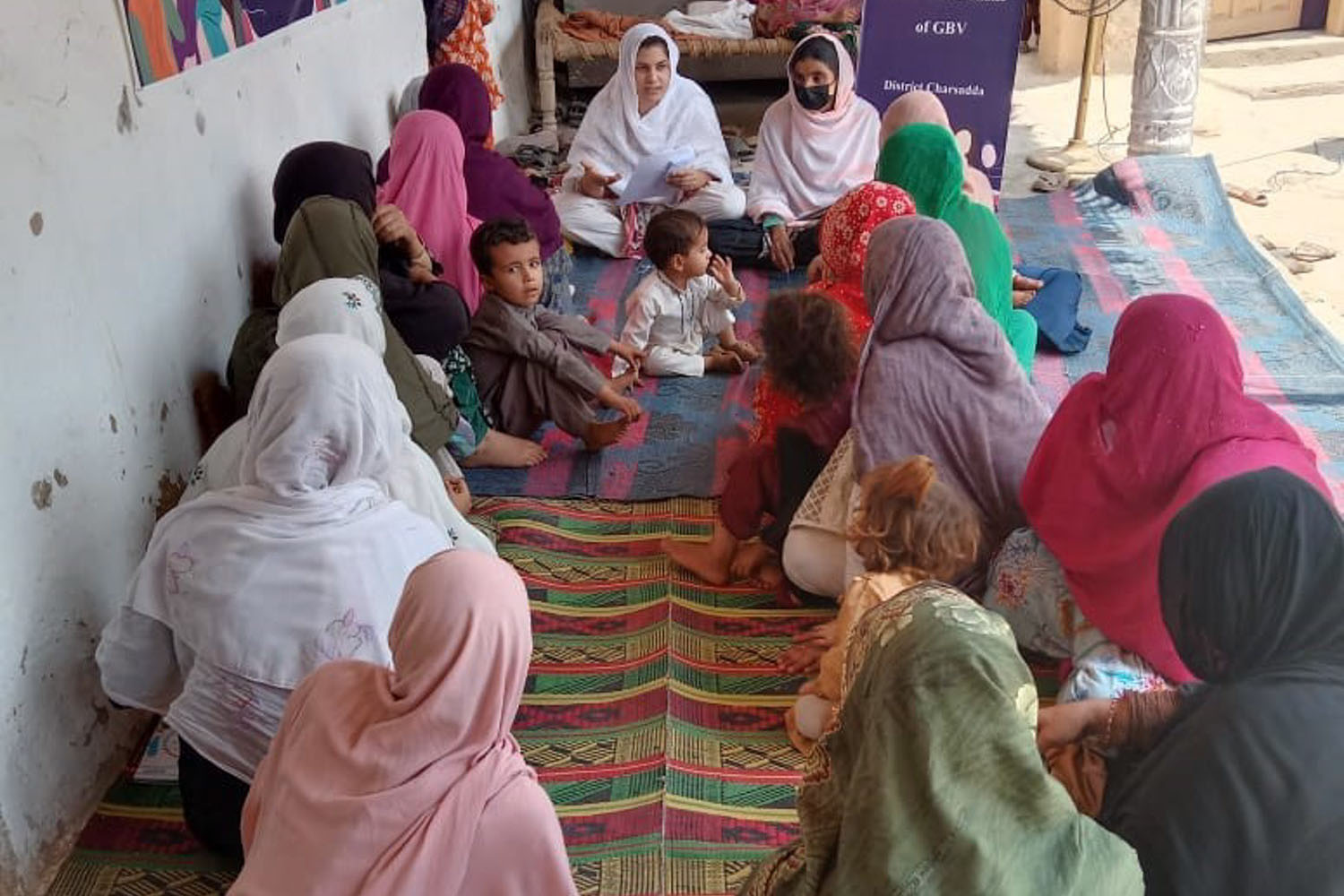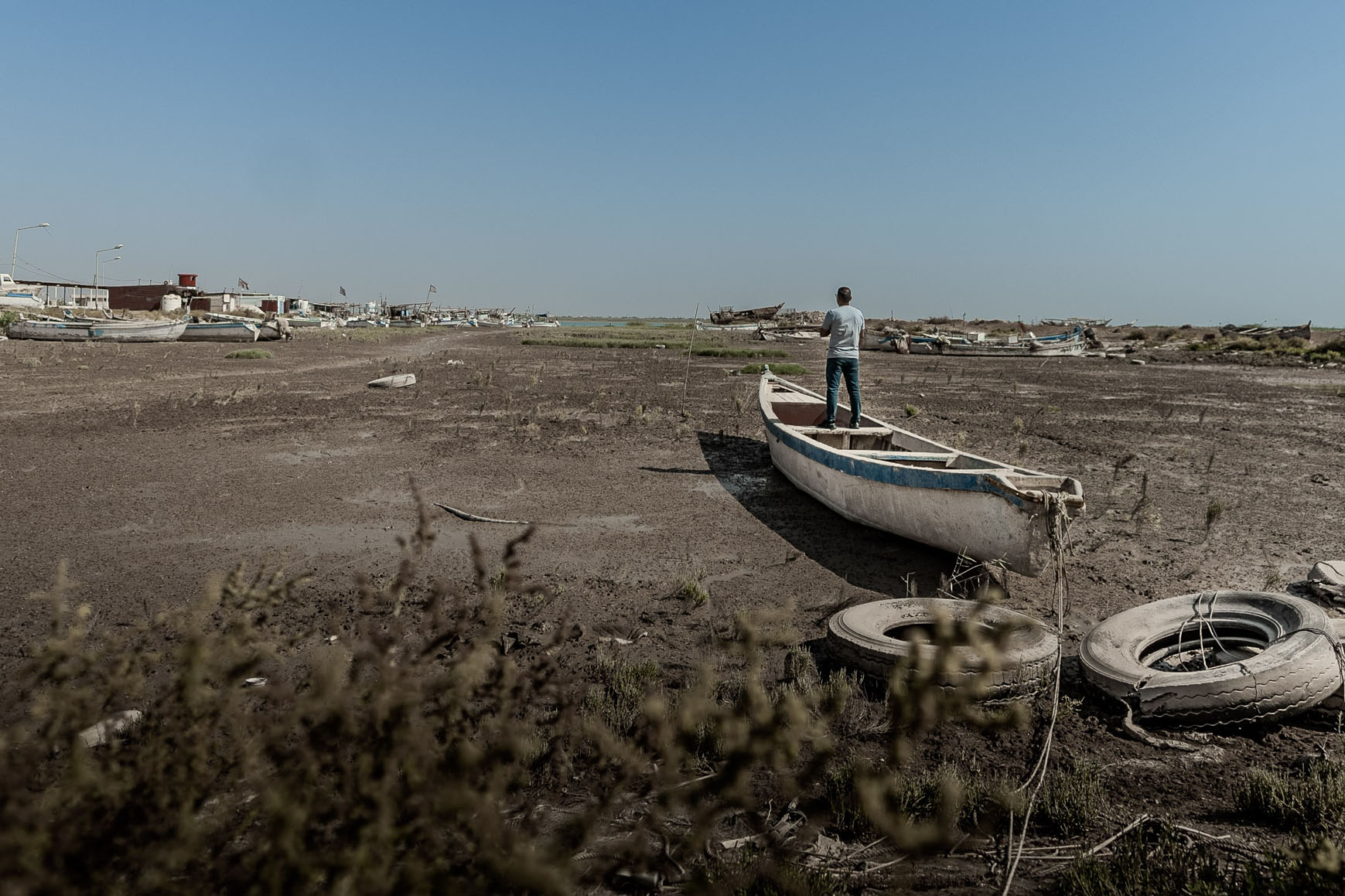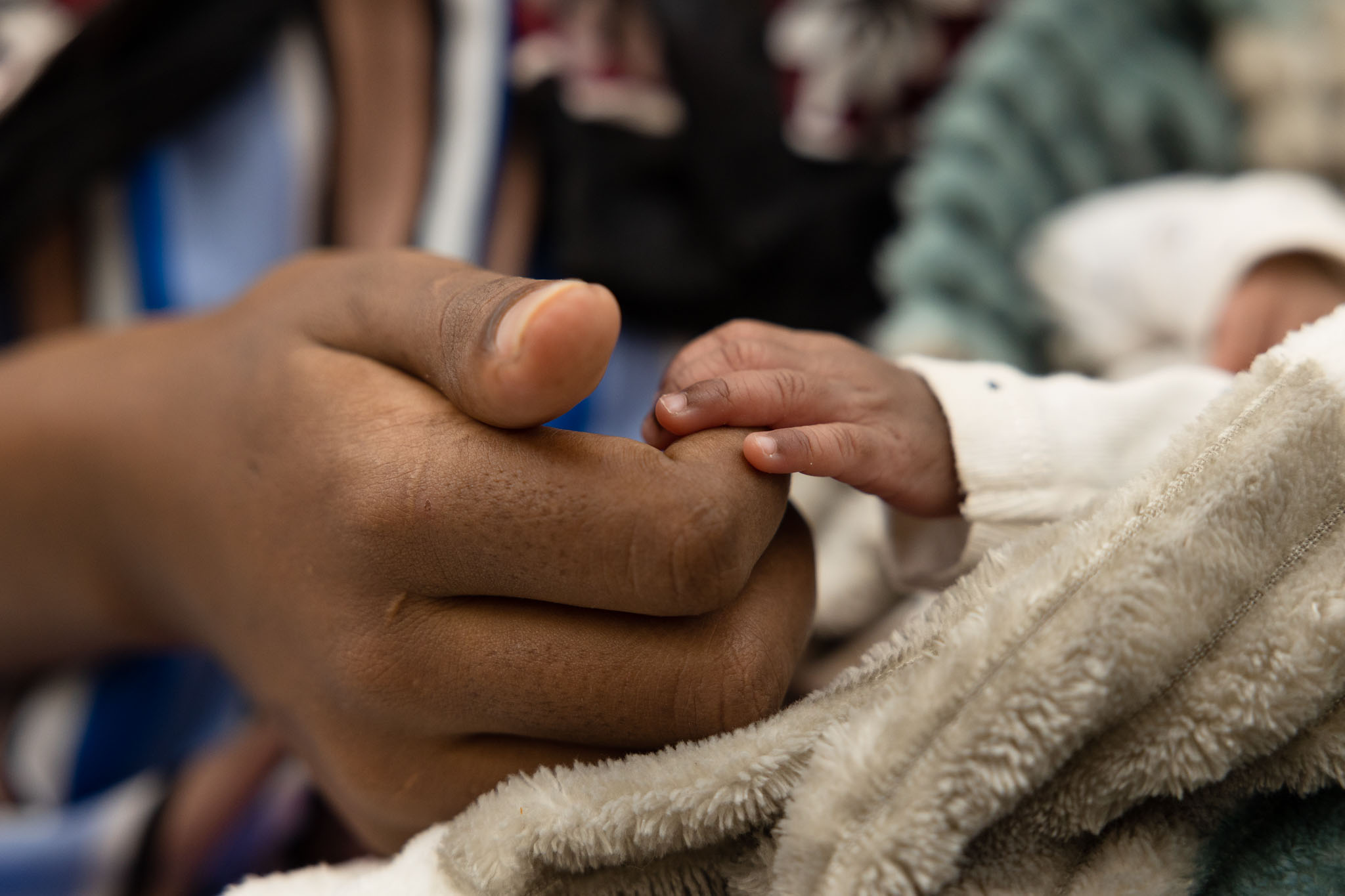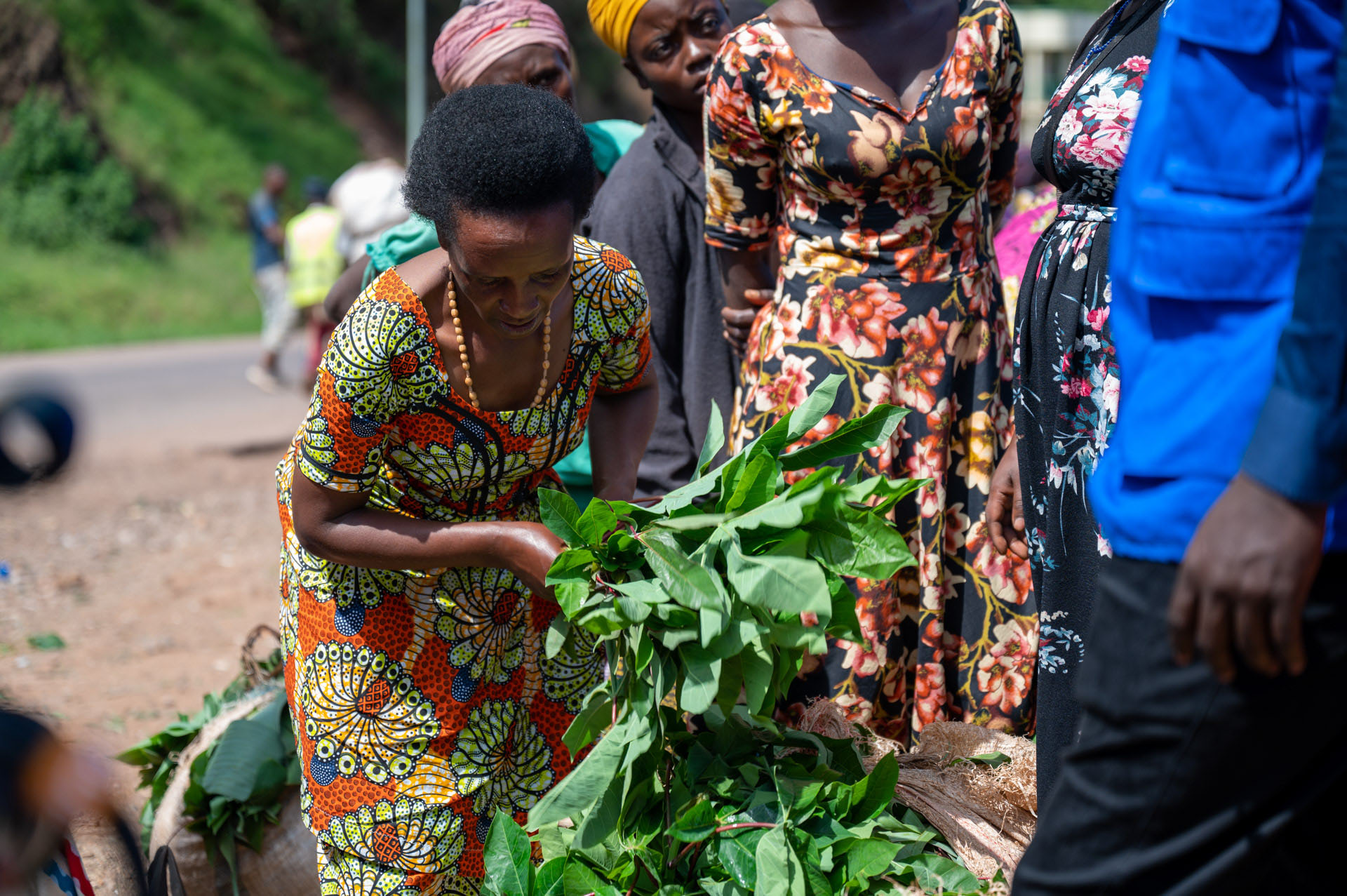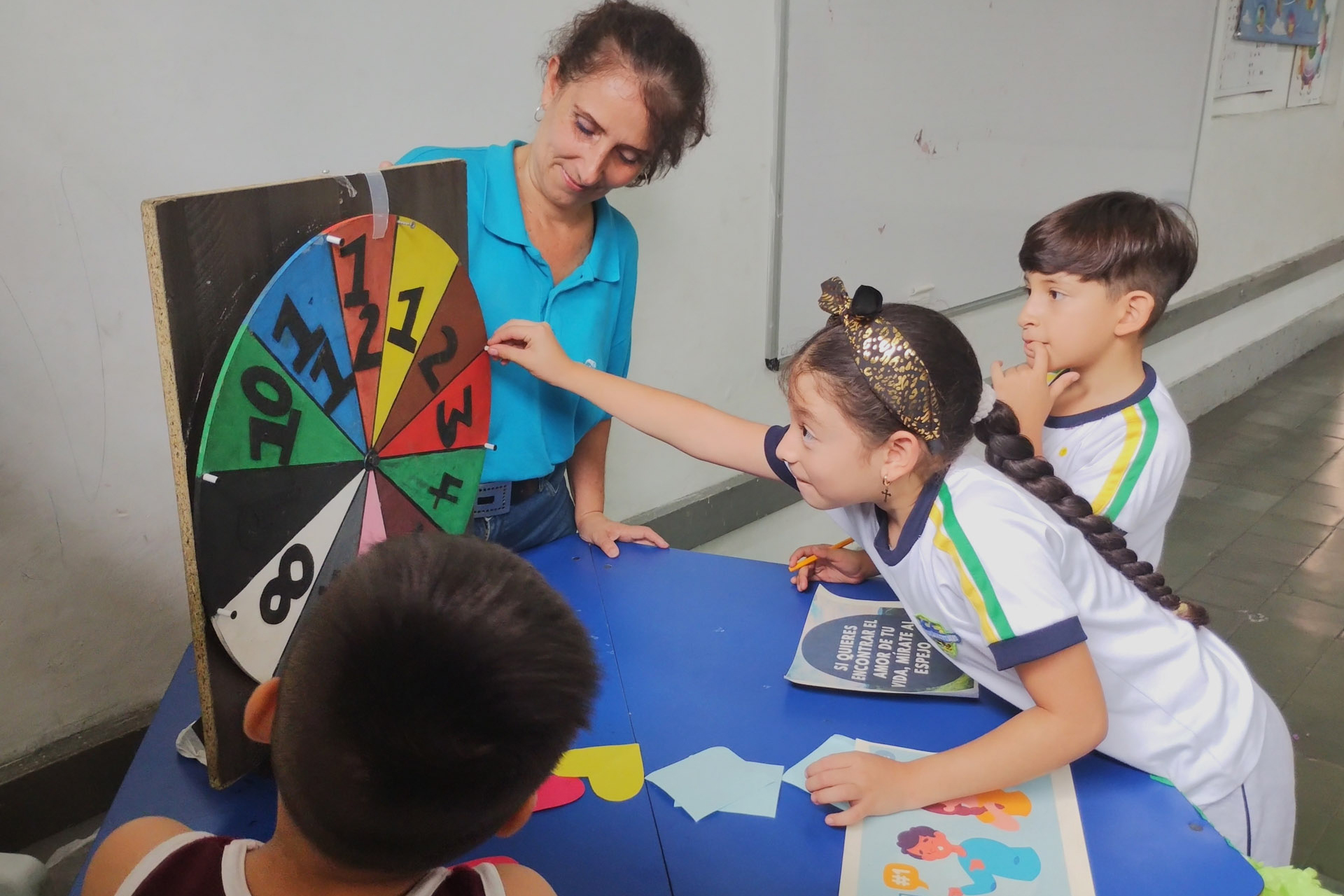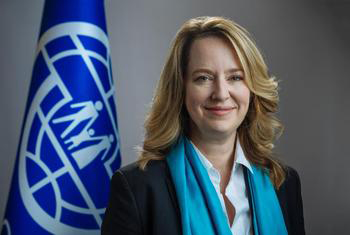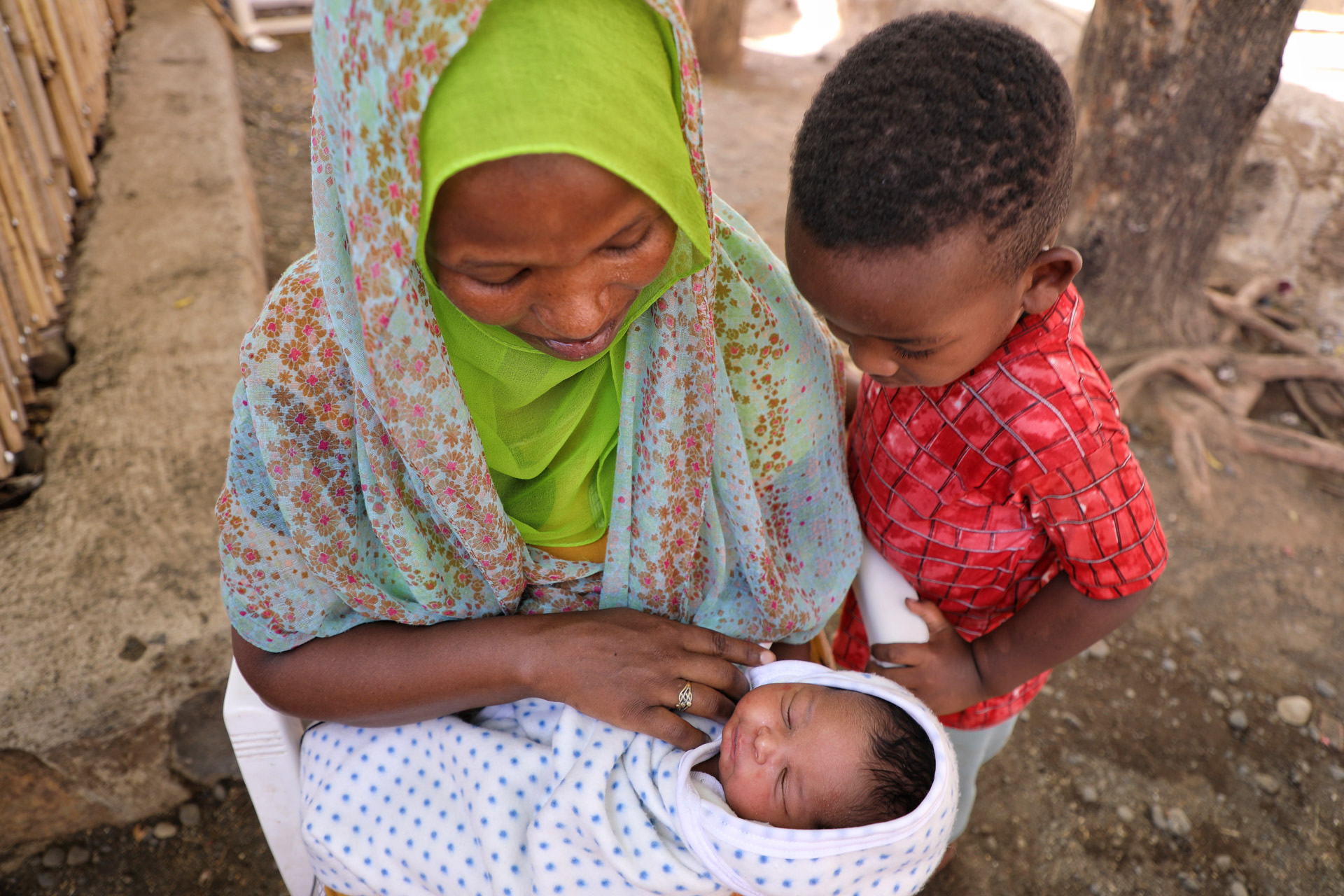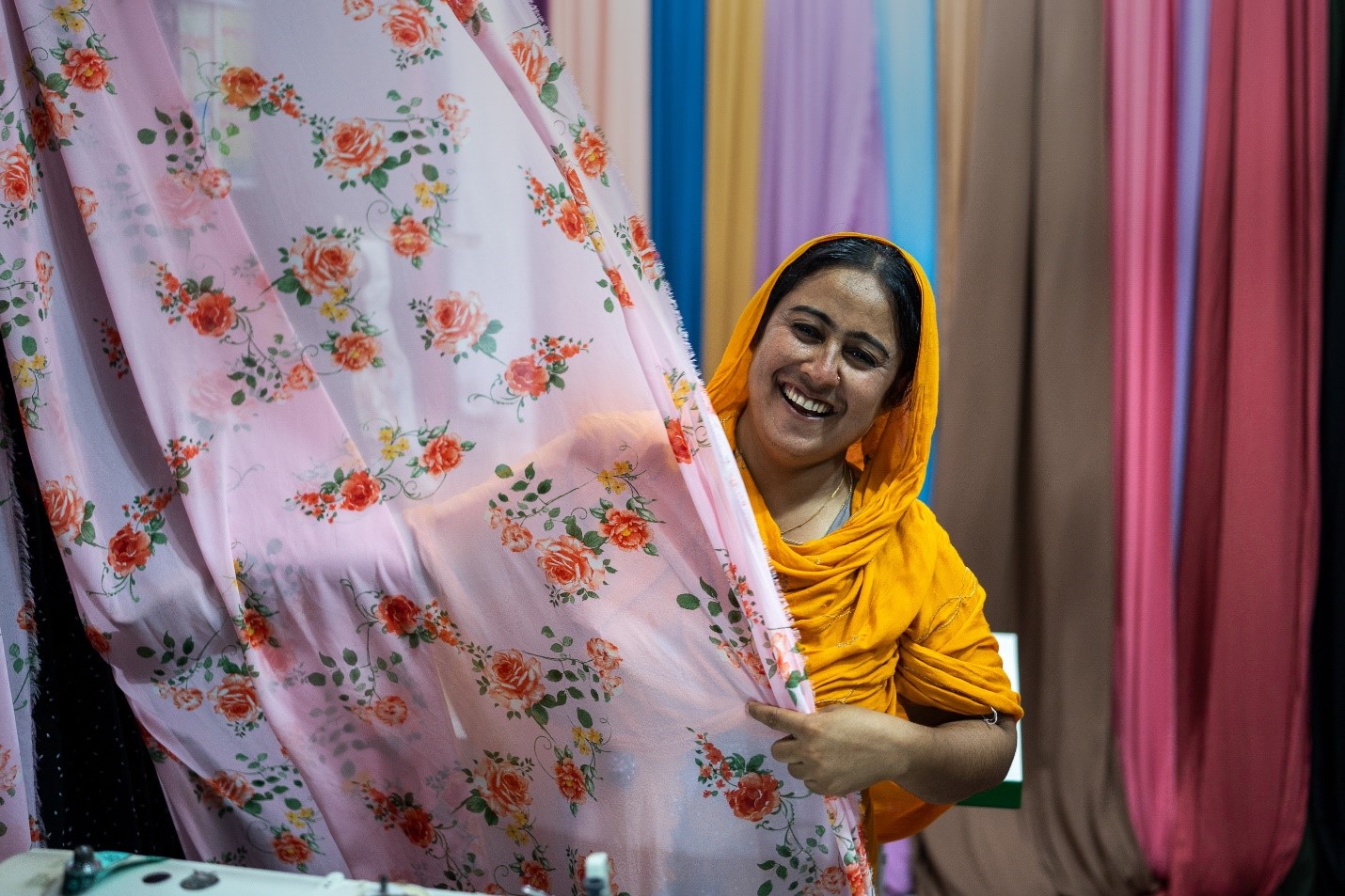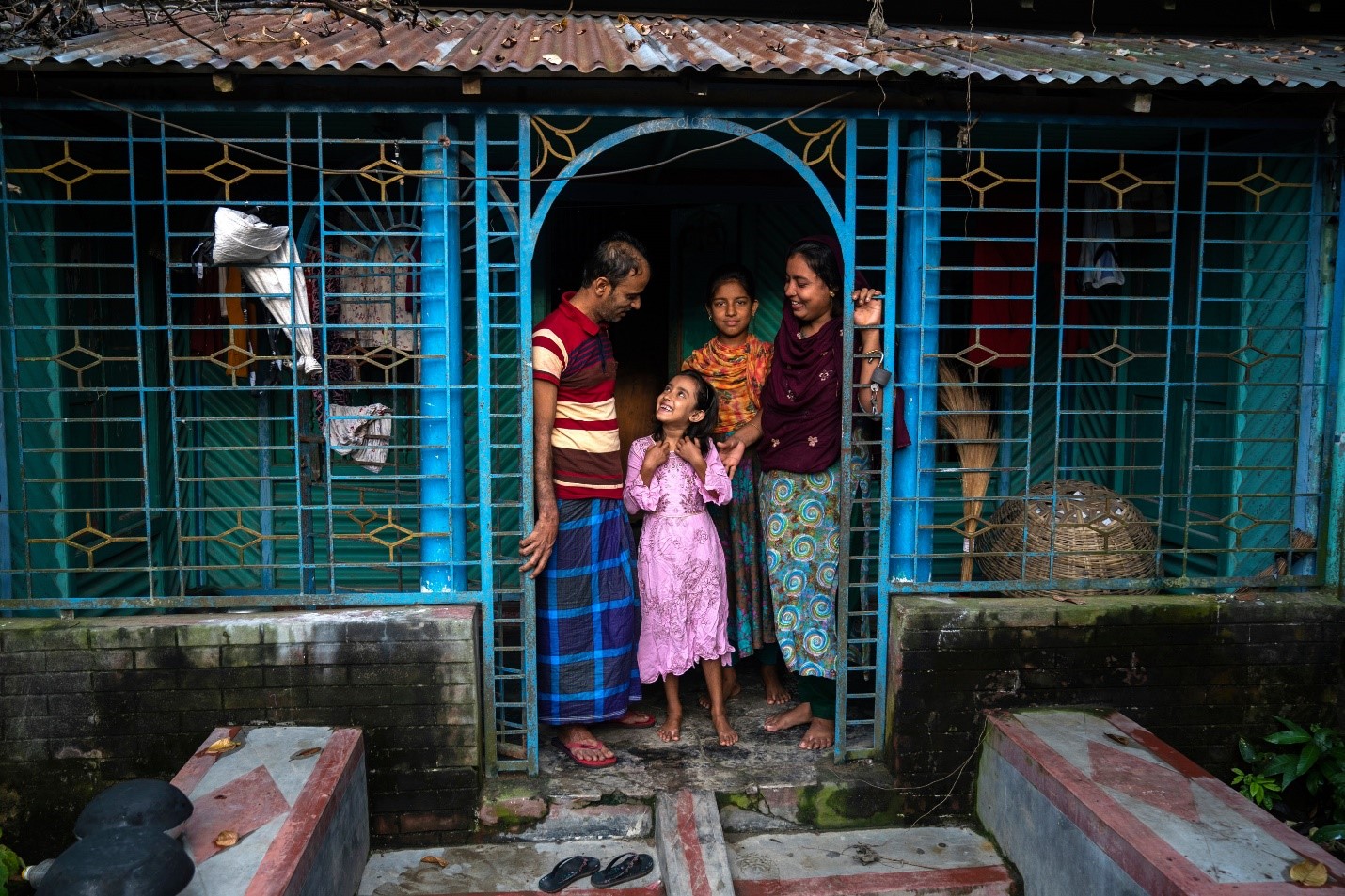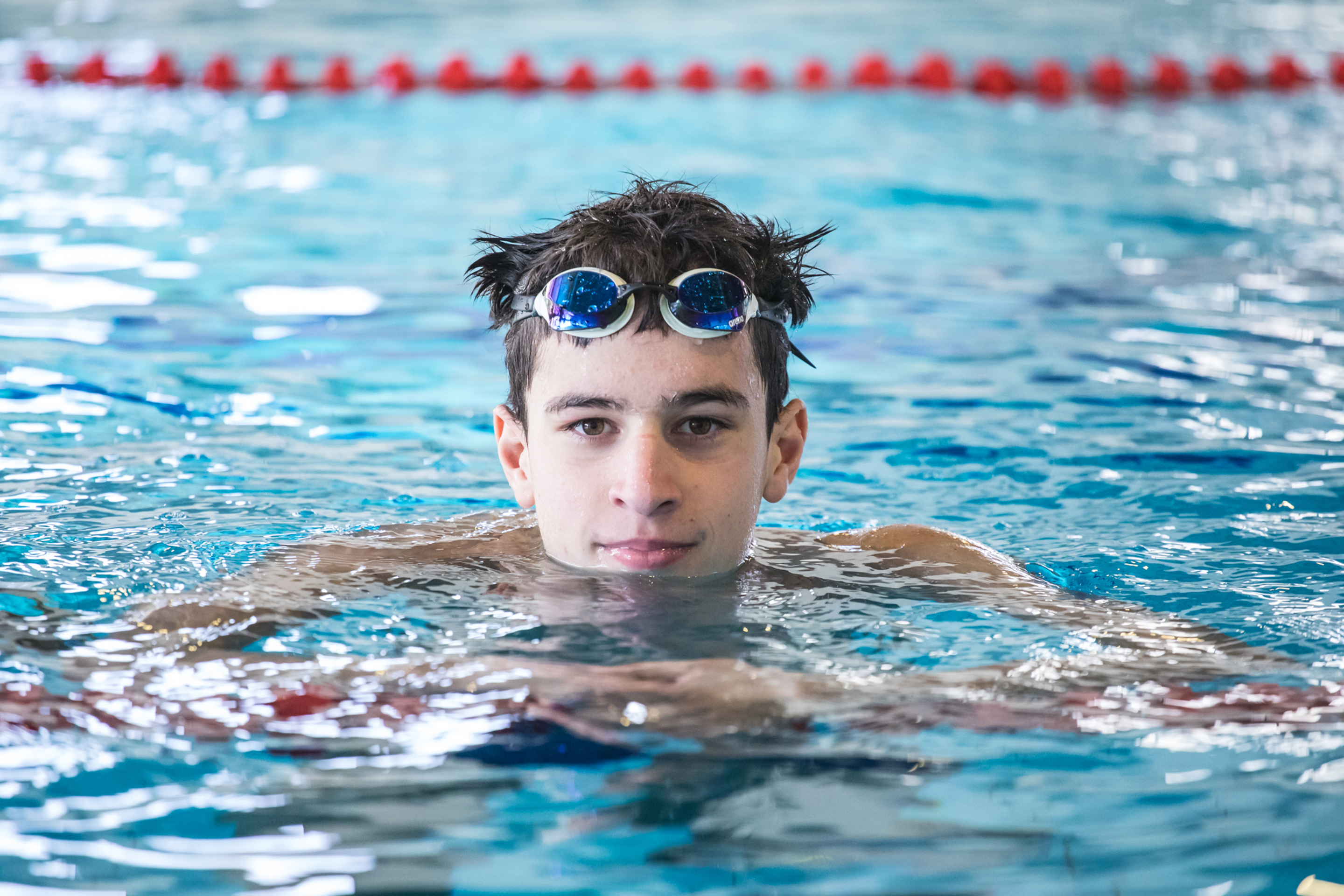Ilaria is a single mother who lives with her four children and mother in a remote part of the Mbya Guarani indigenous territory in Santa Teresita, Paraguay. She faces the harsh realities of living in a community that is affected by deforestation and climate change, which forces her and other resilient women to leave their communities periodically to feed their families. The story of the Mbya Guarani community of Santa Teresita is similar to many other indigenous communities in South America who are struggling to protect their ancestral cultures and resilience in the face of deforestation and climate change. These communities need support, protection, and the international community's commitment to finding more solutions that allow people to remain in their communities despite their changing environment.
IOM
IOM’s newly rehabilitated Wadi Arafat health centre in Ta’iz is serving over 15,000 internally displaced people, after total collapse of Yemen's health infrastructure due to years of conflict.
Migration creates new opportunities and fosters cultural exchange.
Investing in Afghan women and girls’ menstrual health, preserves their dignity, whose vulnerabilities are exacerbated by displacement and risks of gender-based violence.
Rural-urban migration in response to environmental degradation and natural hazards is rising at an alarming rate as families seek employment in urban areas.
IOM offers humanitarian assistance and protection services to a young migrant mother, who undertook a perilous journey to Yemen in search of better livelihood opportunities.
To mitigate the risk of gender-based violence while trading, Rwandese women have found welcome relief from the construction of a one-stop border post initiative by IOM and partners.
Nunzia is convinced everyone should be well-informed about mental health, having migrated two years ago from Venezuela with her daughter, hopeful that they would start a new fulfilling life in Colombia. Lack of jobs and ending up in the streets dealt her daughter a hard blow and Nunzia witnessed her go through mental health problems. Facilitated by Mental Hospital of Antioquia and through telemedicine by IOM, her daughter was able to access much needed health care. Nunzia was introduced to the Community Health Network and today, as a community leader, she passionately promotes the mental health and psychosocial well-being of refugees, migrants, and members of host communities.
Amy Pope, Director General of IOM, is advocating for a new narrative around the issue of migrants, arguing that in an ageing world, “ultimately, countries will be competing for migrants”.
Humanity has always been on the move. Some in search of work or economic opportunity, to join family, or to study. Others move to escape conflict, persecution or large-scale human rights violations. Still others move in response to the adverse effects of climate change, natural disasters or other environmental factors.
In her very first week on the job, she sat down with UN News’s Dominika Tomaszewska-Mortimer to talk about a comprehensive view of migration and its causes.
Photo Credit: © IOM
The digital transformation, the exponential spread of digital technologies, digitalization and the use of digital technologies to add value, offer an opportunity to develop and deliver tailored and innovative services to both migrants and communities.
Rahama looked through the window, amid a raging armed conflict in the Sudanese capital of Khartoum, and all she saw was smoke and guns firing in from every direction. She feared for her family and her unborn third child. Going back home to Ethiopia offered better survival chances for the entire family. She had a successful delivery soon after arriving in Metema facilitated by IOM and its partners. IOM’s Migration Response centers have provided life-saving services including health screening, protection services and provision of water and sanitation facilities to families escaping the conflict in Sudan.
Ruma, a 38-year-old widowed single mother of one from a small town in southern Bangladesh experienced social harassment after her husband died, forcing her to migrate. Through an arranged marriage of convenience, she made it to Italy. Despite her attempts to succeed in Italy she decided to return home to Bangladesh, where she learned about the IOM’s Prottasha project. The team has provided her with financial literacy and in-kind support. She has finally been able to provide for her son who is currently pursuing his future.
Despite several attempts at searching for a better future for his family, Moharaj, he ran into one problem after another resulting in failure. After being smuggled into Syria he hoped to make it to Italy. One year later, he boarded an overloaded boat to seek refuge on an island in Greece. He eventually discovered that IOM provided support to migrants who voluntarily chose to return home. Due to an injury that left him permanently disabled, IOM extended much needed support through the Prottasha project, which has rekindled hope in his family.
Sasha, a passionate swimmer, had been training for nine years preparing for the Olympics, until he was derailed by the war in Ukraine. IOM has helped Sasha and his family on the journey to Budapest.

